Anti-Islam Wilders's coalition deal spells sharp shift to hard-right in Netherlands
Dutch politician Geert Wilders, known for his anti-Islam stance, has reached a coalition agreement with three other party leaders that shifts the Netherlands towards the far right.
The coalition deal reached early Thursday caps a half year of tumultuous negotiations that still left it unclear who would become prime minister.
The agreement introduces strict measures on asylum seekers, scraps family reunification for refugees and seeks to reduce the number of international students studying in the country.
“Deport people without a valid residence permit as much as possible, even forcibly,” the 26-page document says.
“The sun will shine again in the Netherlands,” Wilders said. “It is the strongest asylum policy ever.”
The firebrand politician said he had made sure the three other coalition parties, including the one of outgoing Prime Minister Mark Rutte, had accepted the core of his program.
The manifesto of Wilders, who has a criminal record for insulting Dutch-Moroccan individuals, includes the prohibition of Islamic schools, mosques, and the Qur'an.
Additionally, he has suggested the possibility of holding a referendum on European Union membership, with the hope of a Brexit-like divorce from the bloc.
Wilders has aligned himself politically with conservative figures like Hungarian Prime Minister Viktor Orbán, Italian Prime Minister Georgia Meloni, and French opposition leader Marine Le Pen, all of whom have criticized Brussels as an obstacle to their nationalist agendas to varying degrees.
Right-wing and populist parties have become integral members or even leaders of various EU governments, with a strong possibility of increasing their influence in the upcoming European elections.
This could result in a shift towards anti-immigrant, socially conservative, and nationalist agendas within the political landscape of Brussels.
For now, the debate in the Netherlands is about the future Dutch prime minister where Wilders has chosen not to reveal any possible candidates for the position.
In March, he abandoned his bid to become the prime minister after failing to find the support he needed to take on this role.
The prime ministerial role is being eyed by Ronald Plasterk, a former Labor minister and and Eurosceptic columnist, who has gained prominence for his leadership in the initial coalition negotiations.
Putin to visit N Korea; countries may sign ‘strategic partnership deal’
Remarks on busted US-Israeli spy network prove Americans' 'weakness': Houthi
Hamas: Israel’s destruction at Rafah crossing amounts to war crime
Iranian court rejects government intervention in airfares
US, UK launch new strikes on Yemen’s Hudaydah, Kamaran Island
VIDEO | Pro-Palestinian demonstrators condemn Paris arms fair amid Gaza conflict
Highlights: First debate in 2024 Iran presidential election
VIDEO | Press TV's news headlines


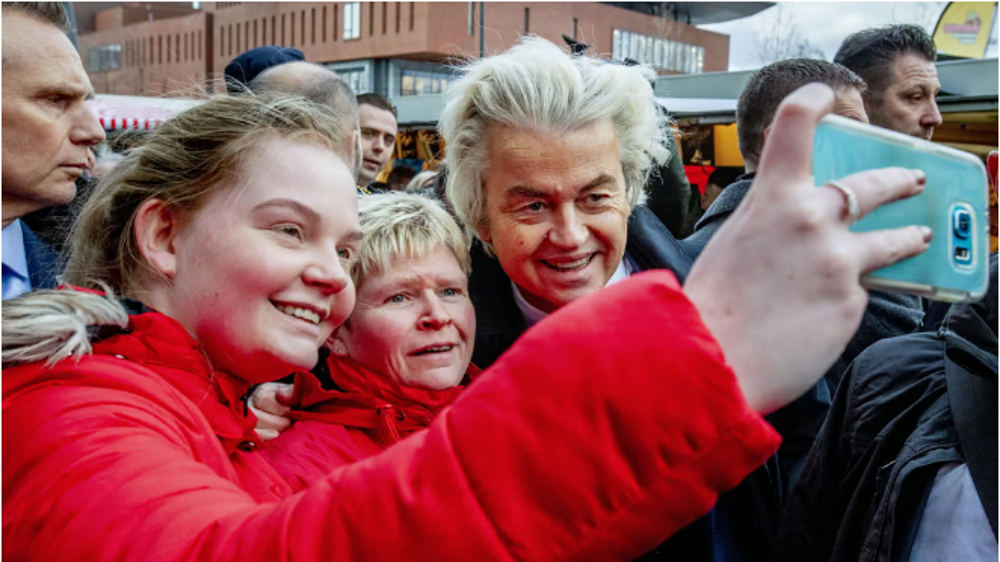
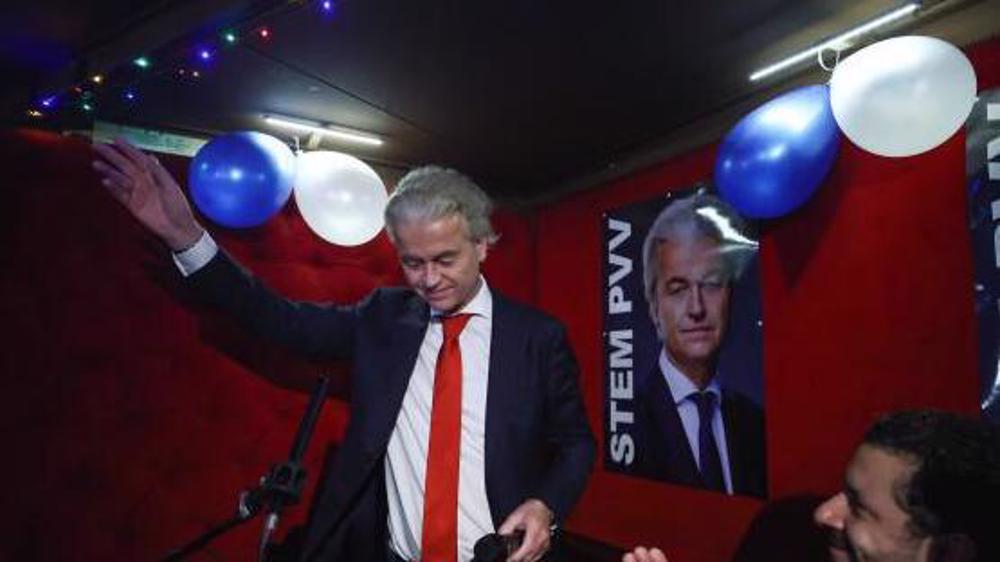

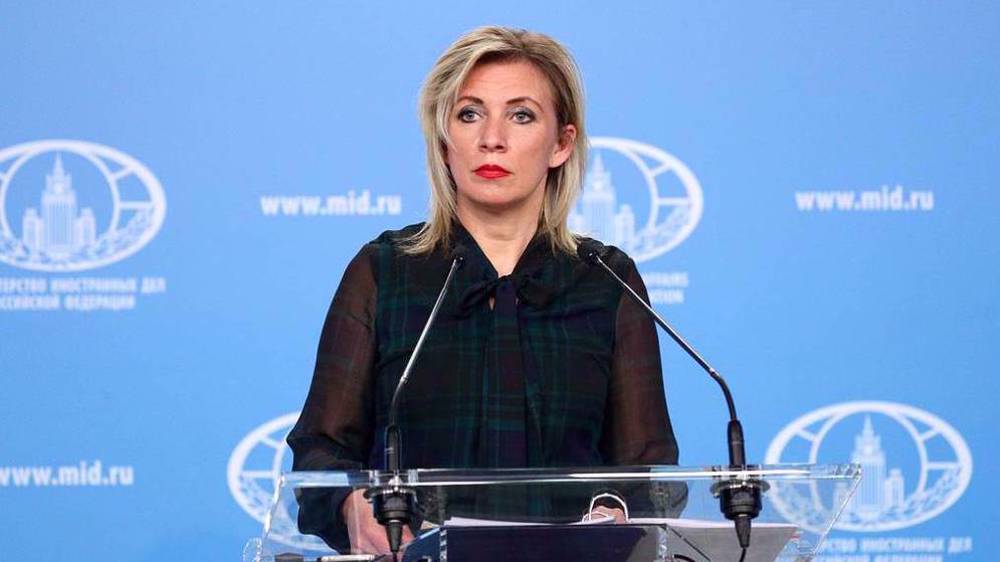
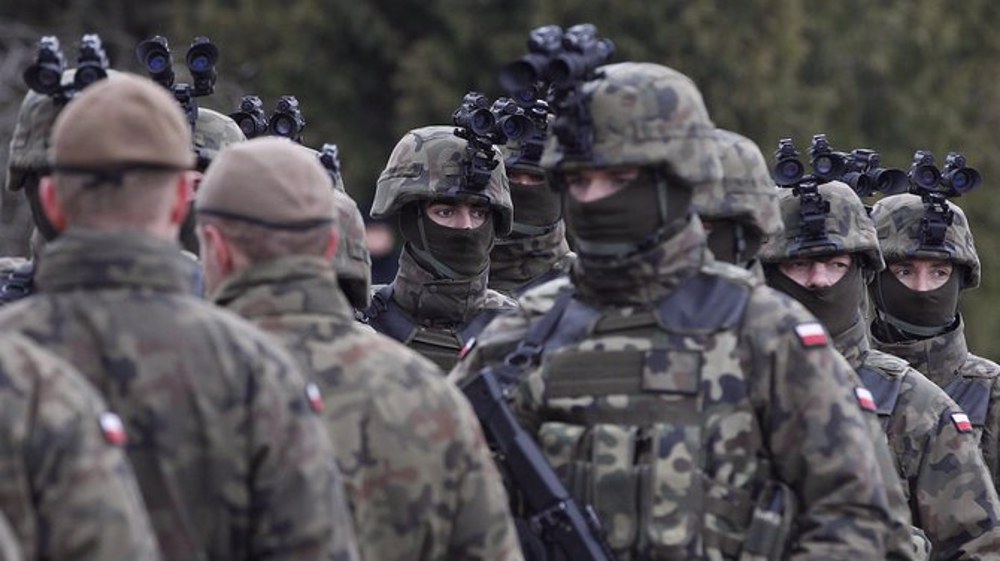



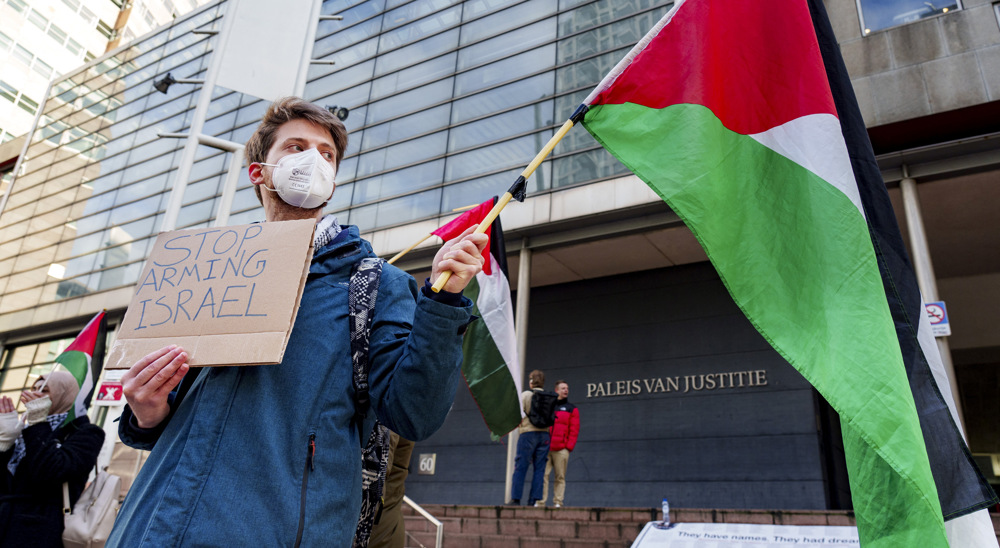


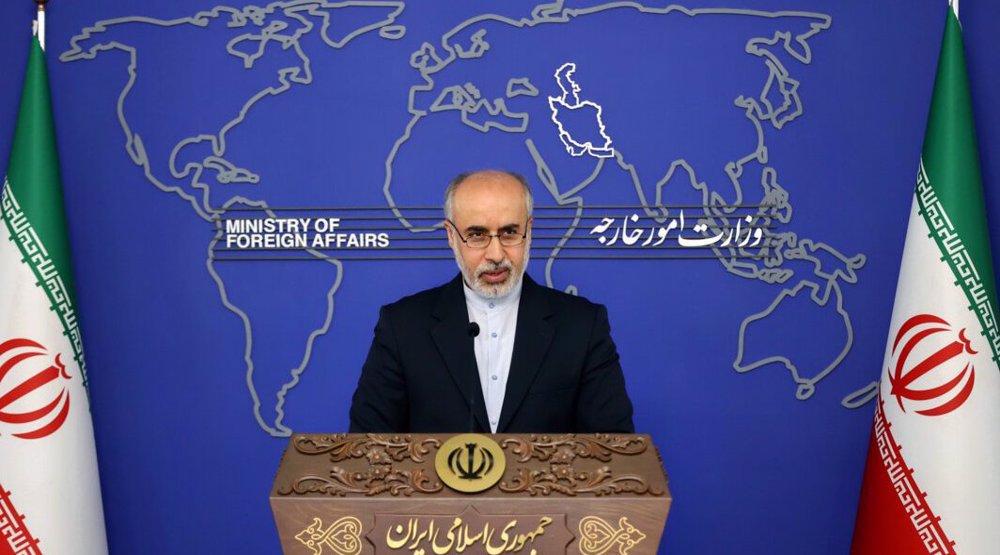
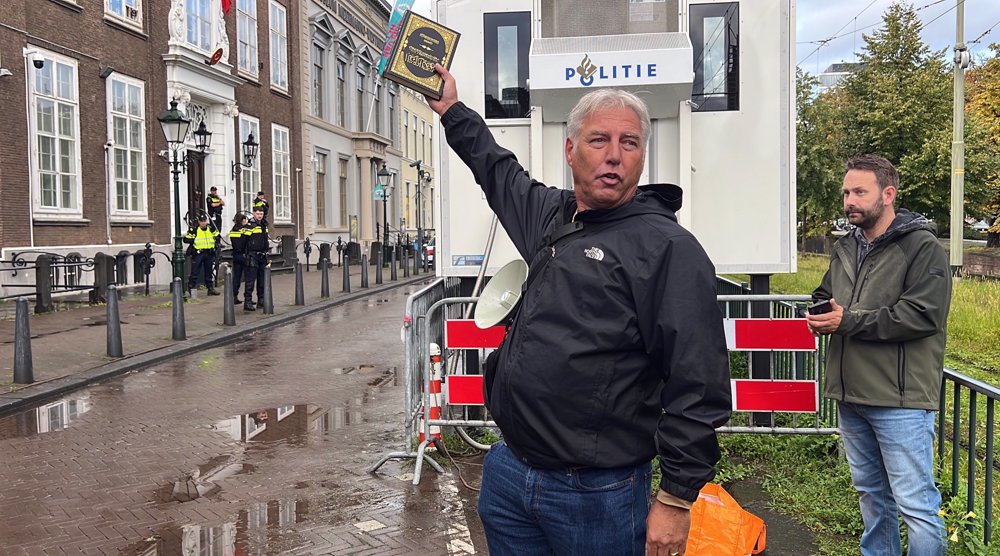
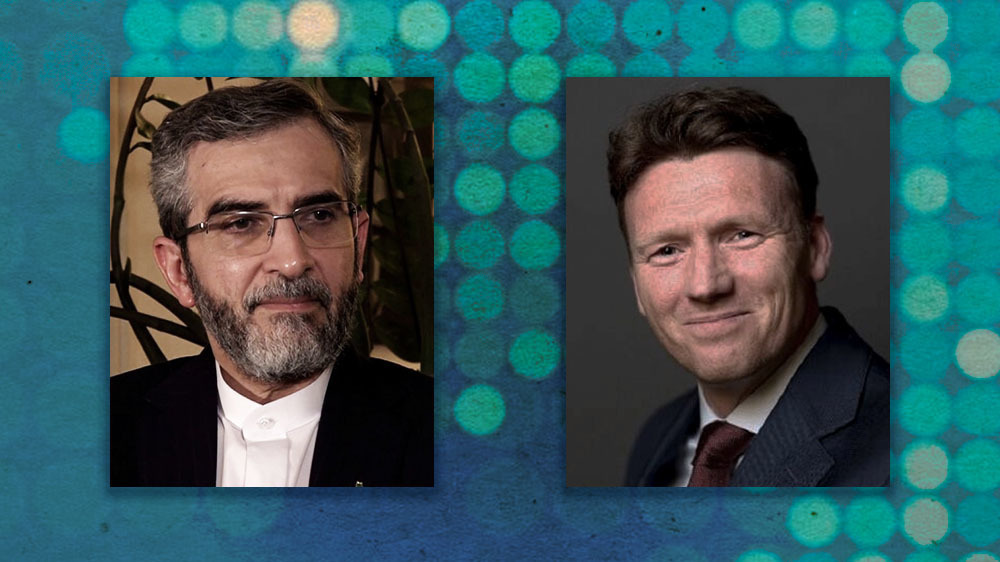

 This makes it easy to access the Press TV website
This makes it easy to access the Press TV website